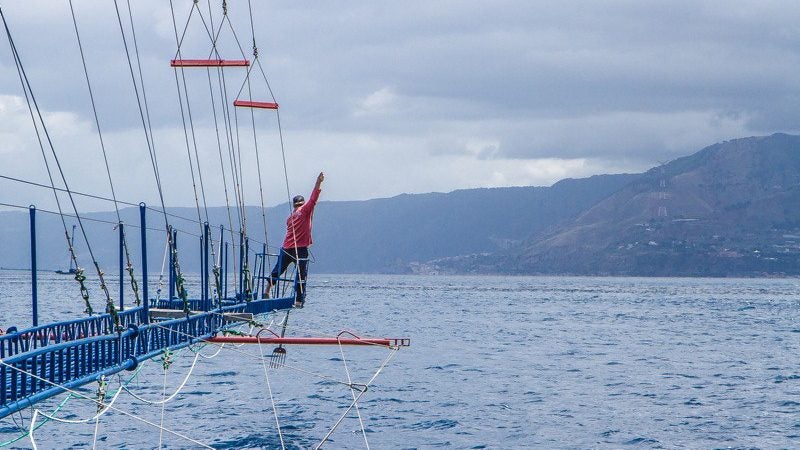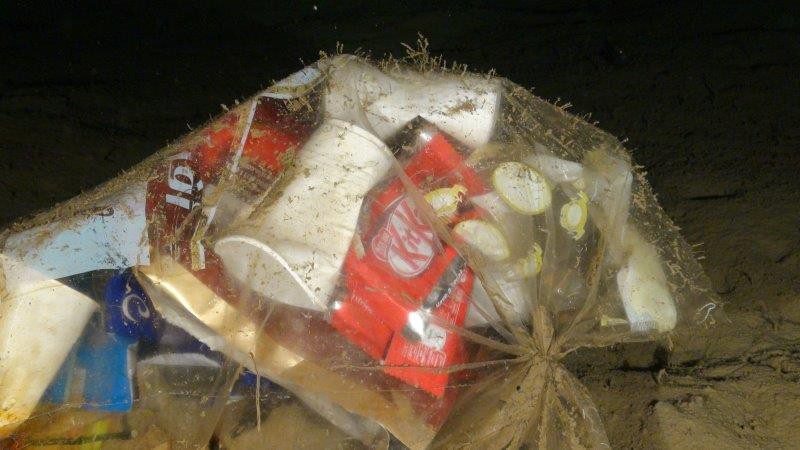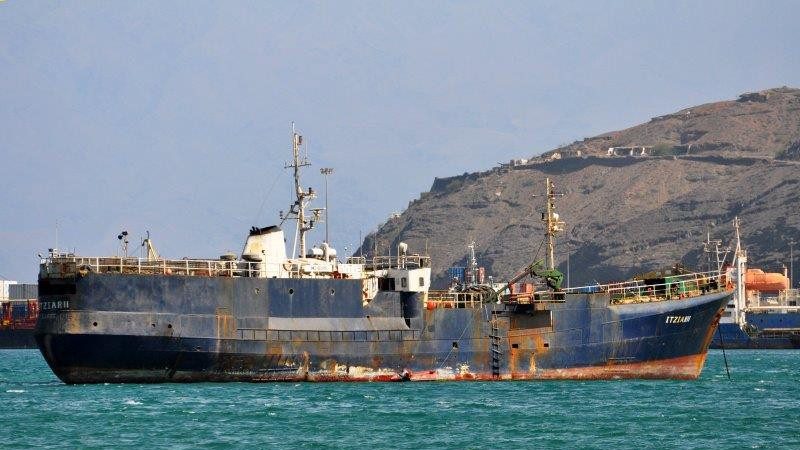Oceana: Only joint efforts can save the oceans
Unprecedented deterioration of world’s oceans requires action from both citizens and governments, and for countries to boost cooperation efforts
Press Release Date: June 7, 2019
Location: Madrid
Contact:
Marta Madina | email: mmadina@oceana.org | tel.: Marta Madina


JUNE 8, WORLD OCEANS DAY
Ahead of World Oceans Day, Oceana calls for joint efforts from citizens and governments as the only way to restore the seas and repair damage to marine life. With plastic pollution reaching the deepest part of the ocean, one-third of fish populations overfished, and industrial activities damaging marine habitats, virtually everybody on the planet has a role to play in preserving the oceans.
“The oceans belong to all of us, and saving them must be a joint effort from everyone and every government in all corners of the planet. From curbing plastic consumption, that sadly is on the rise, to joining beach clean-ups, today we can see how a growing global movement is demanding we look after our seas and marine life”, said Pascale Moehrle, executive director for Oceana Europe. “We demand our politicians be ocean leaders by agreeing on solid measures to fish sustainably, curb pollution and protect marine ecosystems”, added Moehrle.
Dozens of political moves to tackle ocean issues have come and gone over the past decades, but the pace at which measures are implemented is too slow to halt marine wildlife loss. Global problems require global solutions – coral reefs will not be preserved if we do not reduce global warming, just as sharks will not be saved if only some of the fishing fleets catching them do it sustainably.
 |
 |
 |
|
Artisanal fishing of swordfish. Ganzirri, Italy. © OCEANA / Alessandro Donelli |
Marine litter. Saint George canyon, Lebanon © OCEANA |
Pirate fishing vessel. Mindelo, Cape Verde © OCEANA |
The Mediterranean Sea is one of the world’s biodiversity hotspots and at the height of an environmental crisis. Only two species (bluefin tuna and swordfish) have internationally-agreed catch limits. A “Wild West” fishing situation has led to this sea being the world’s most overfished, according to the UN’s FAO[1]. Pirate fishing inside protected areas or the use of illegal driftnets (so-called “walls of death”, banned by the UN thirty years ago) also exacerbate the problem. Real regional cooperation is needed more than ever to address this environmental crisis.
Oceans provide food, oxygen, clean energy and moderate temperatures as long as they are well preserved. No other component of our planet provides as many resources, a reason why the United Nations has named 2021-2030 the Decade of Ocean Science for Sustainable Development and is one of the Sustainable Development Goals (no. 14), which focuses on Life Below Water.
Quick Ocean Facts:
- 80% of marine litter is plastic
- One-third (33%) of global fishing stocks are overexploited
- Ocean-dwelling species are disappearing from their habitats at twice the rate of those on land, as they have fewer ways to seek refuge from warming
- The Mediterranean is the most overfished sea in the world, where 80% of fish stocks are overexploited
- The IUCN calls for 30% of the ocean to be protected by 2030, only 7.6% is protected so far
- Pirate fishing – illegal, unreported and unregulated (IUU) fishing – accounts for 1 in 5 fish caught, and costs the global economy between $10-23 billion in losses a year
[1] http://www.fao.org/state-of-fisheries-aquaculture
Learn more: Ten Actions to Save the Oceans (blog and video)
#WorldOceansDay #WorldOceanDay

